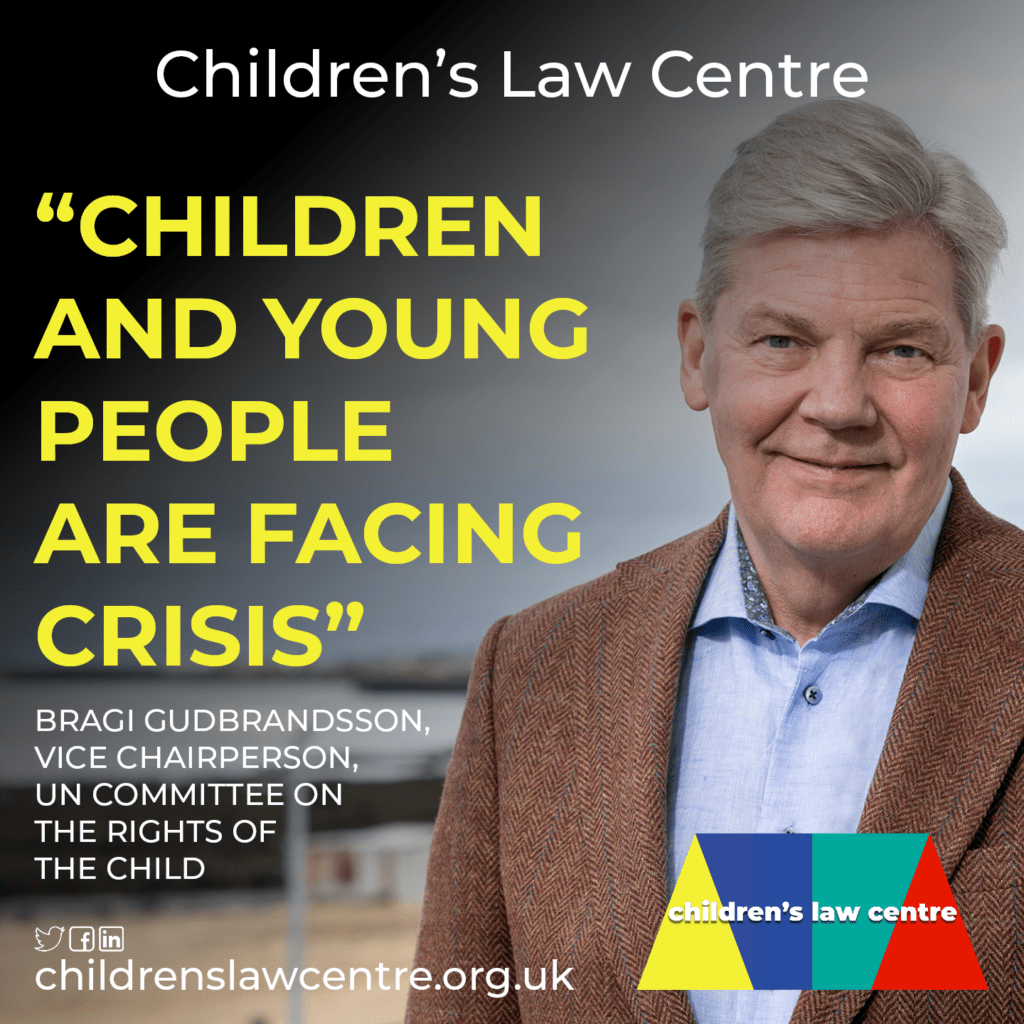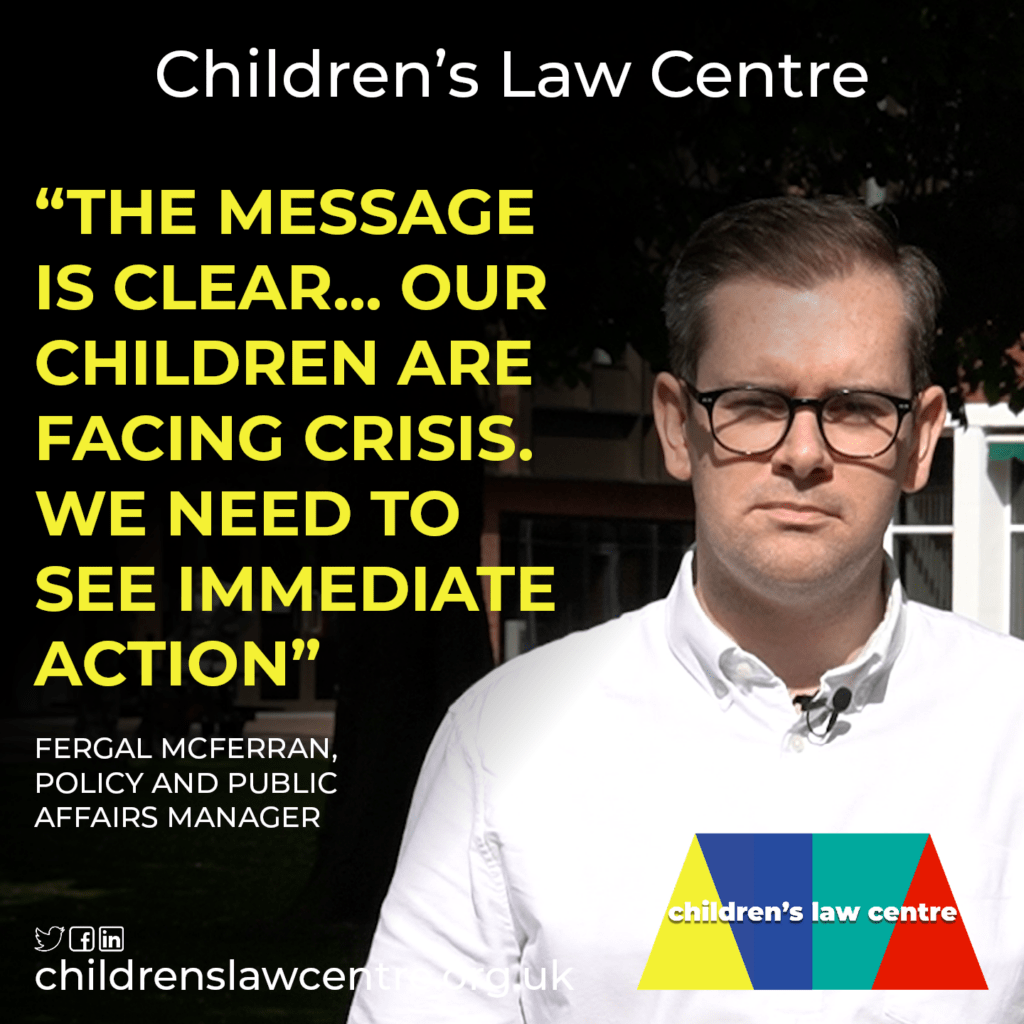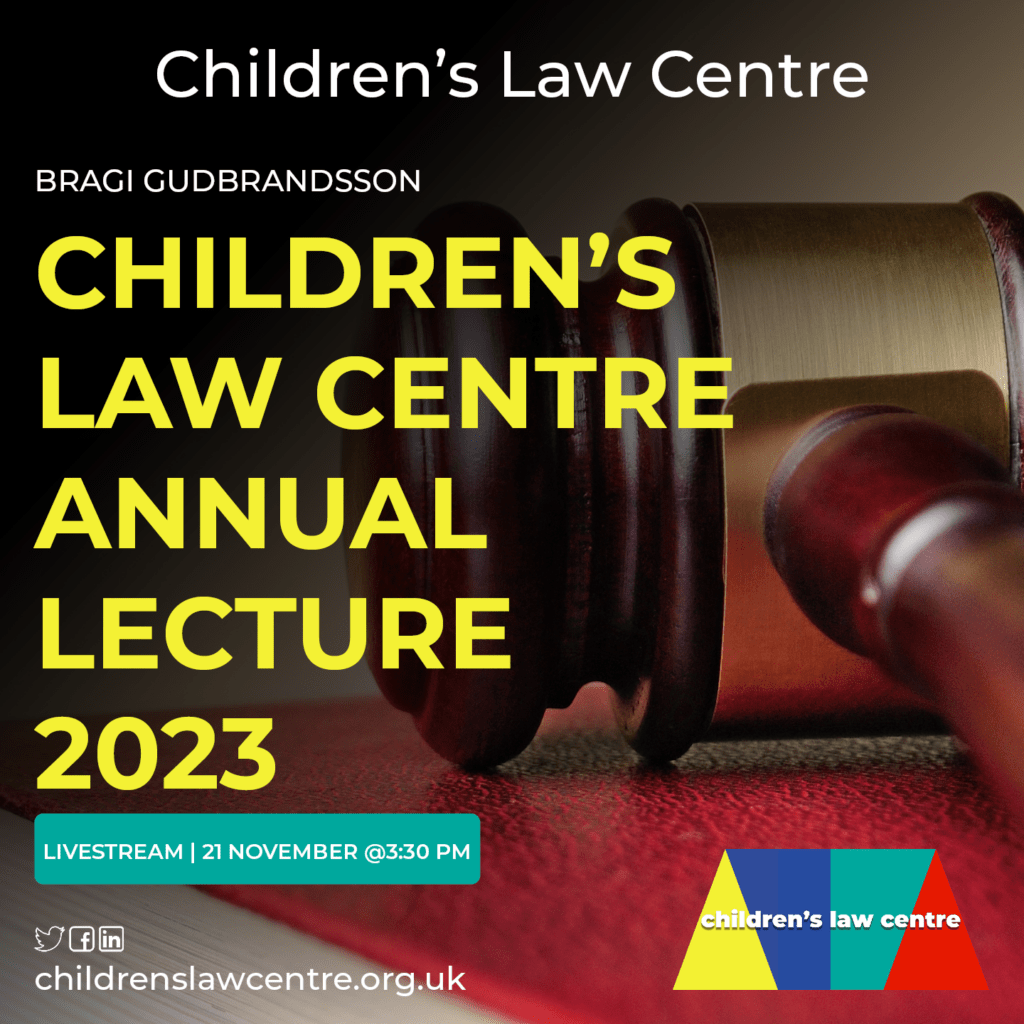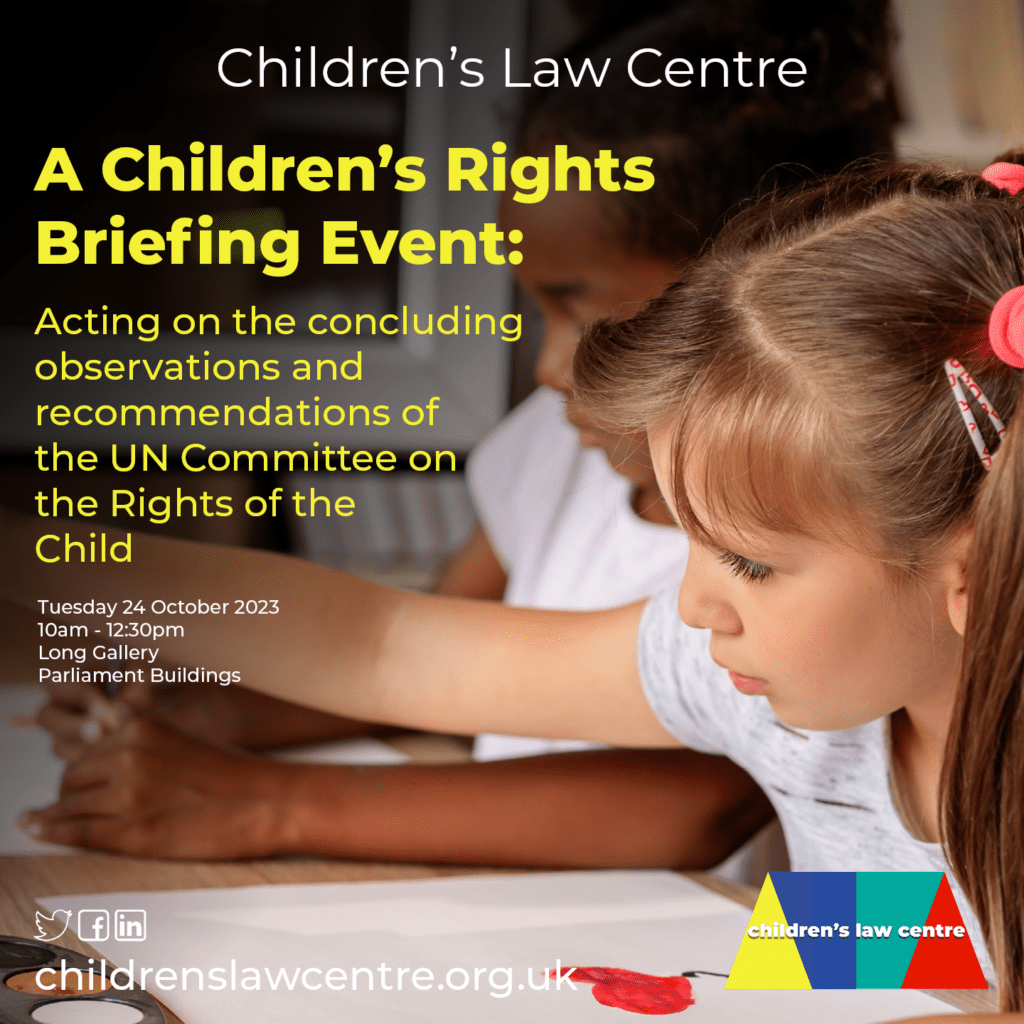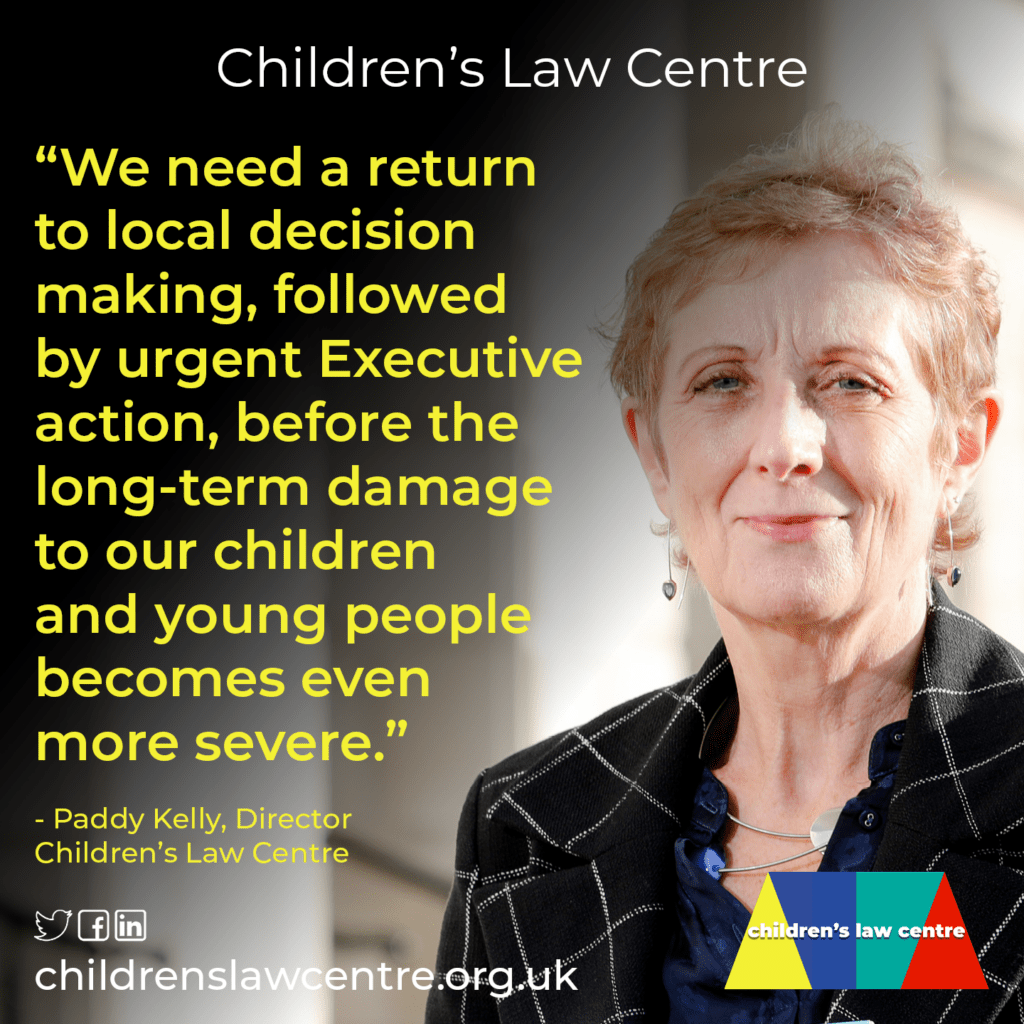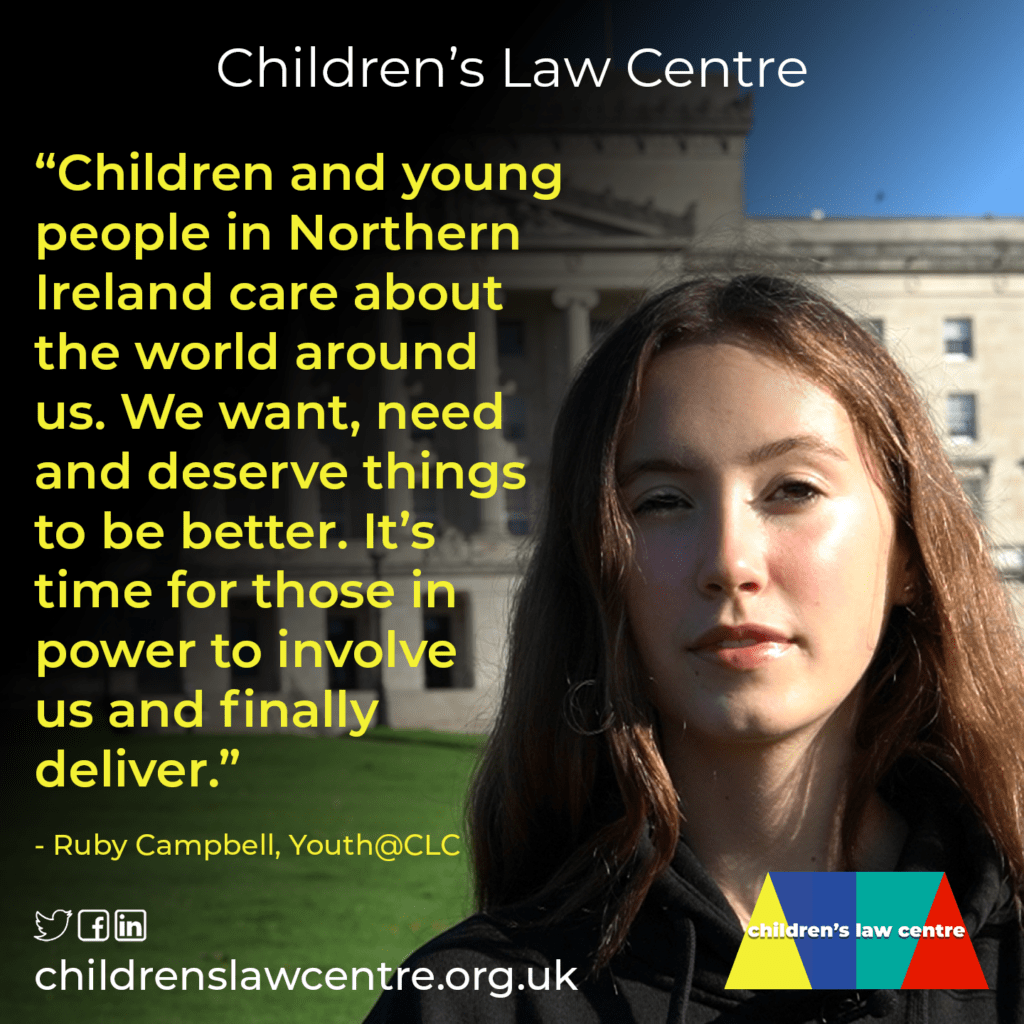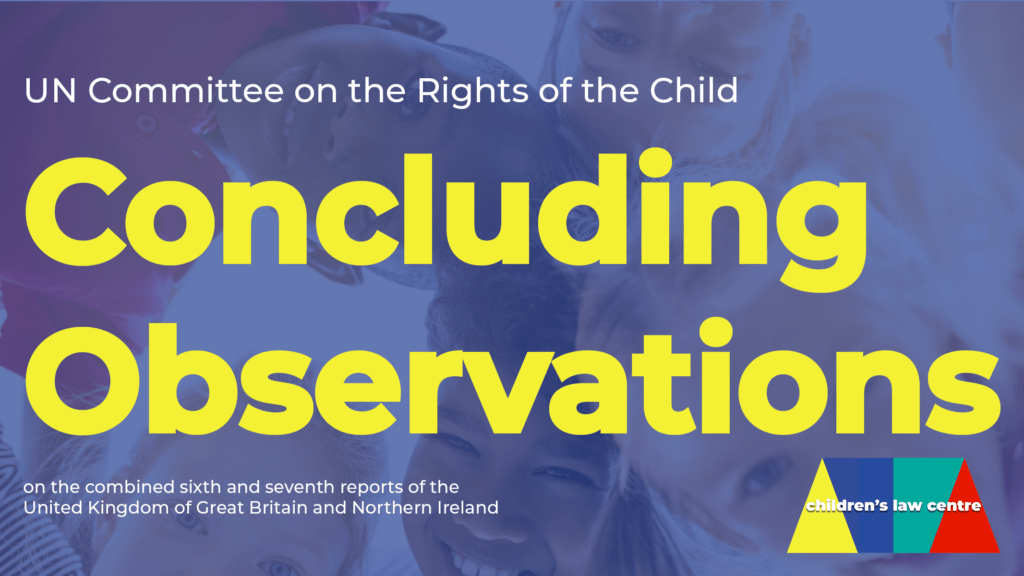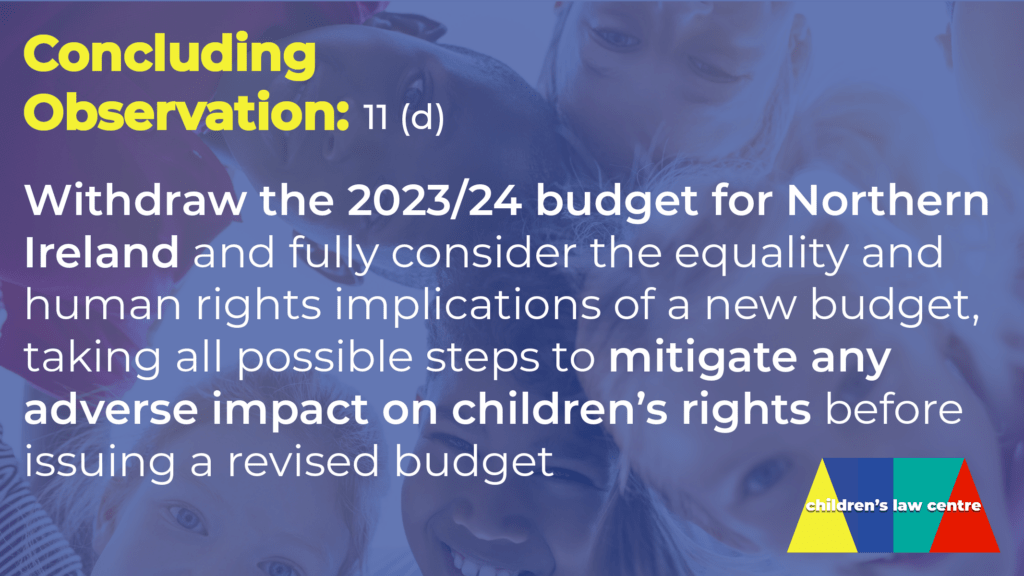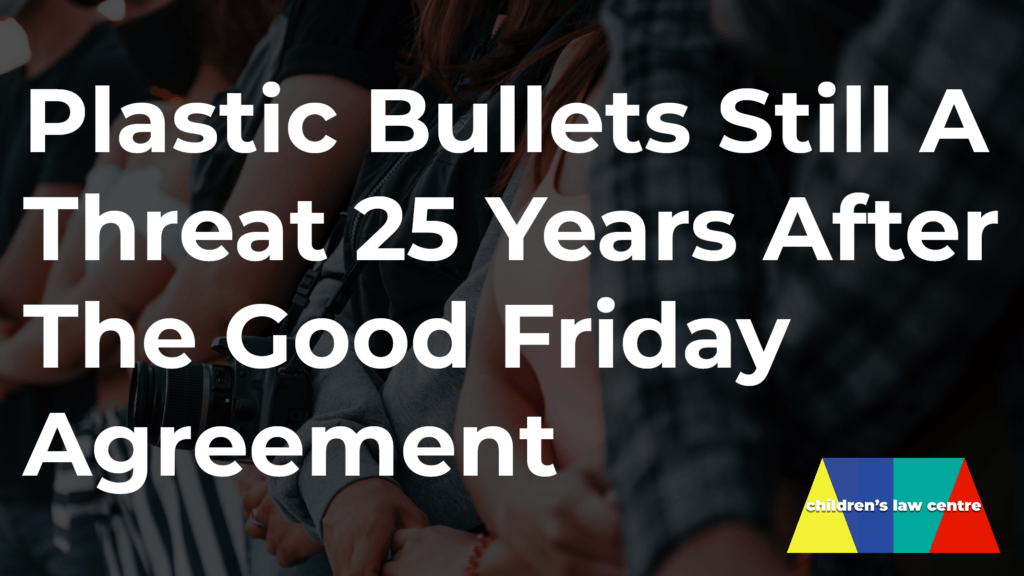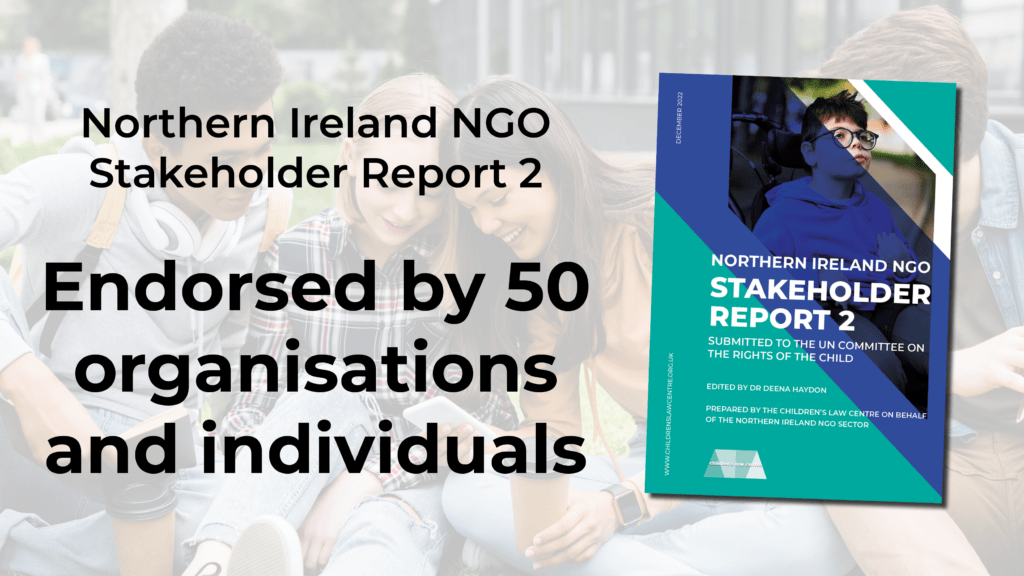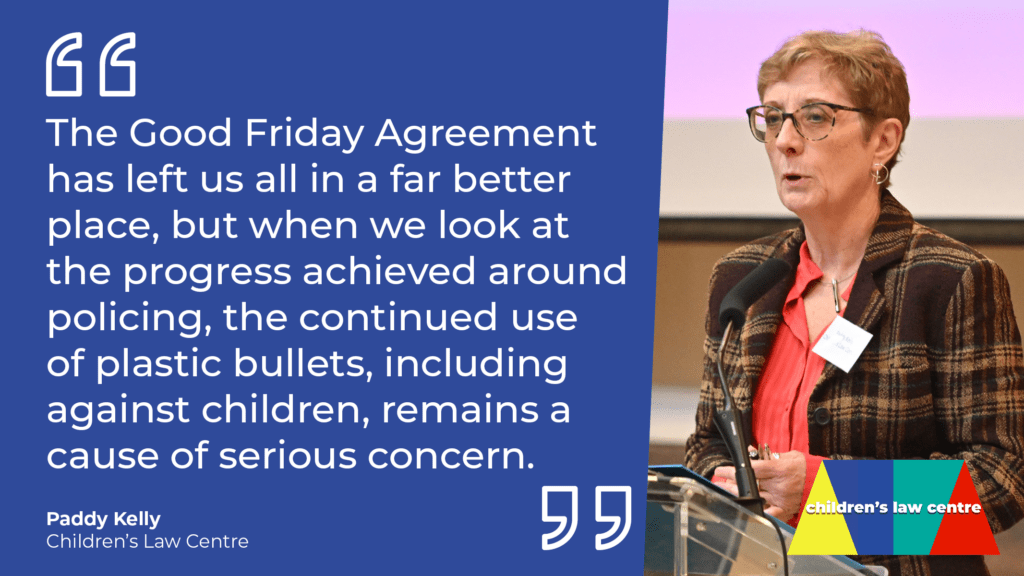19 June 2024
The Children’s Law Centre has expressed grave concern at the latest PSNI use of force statistics for the period April 2023 to March 2024. The statistics highlight how spit hoods have been used on children, including at least once on a child under the age of 13.
There has also been a sharp increase in the use of plastic bullets, with child rights experts highlighting the severe risk they pose to children and young people.
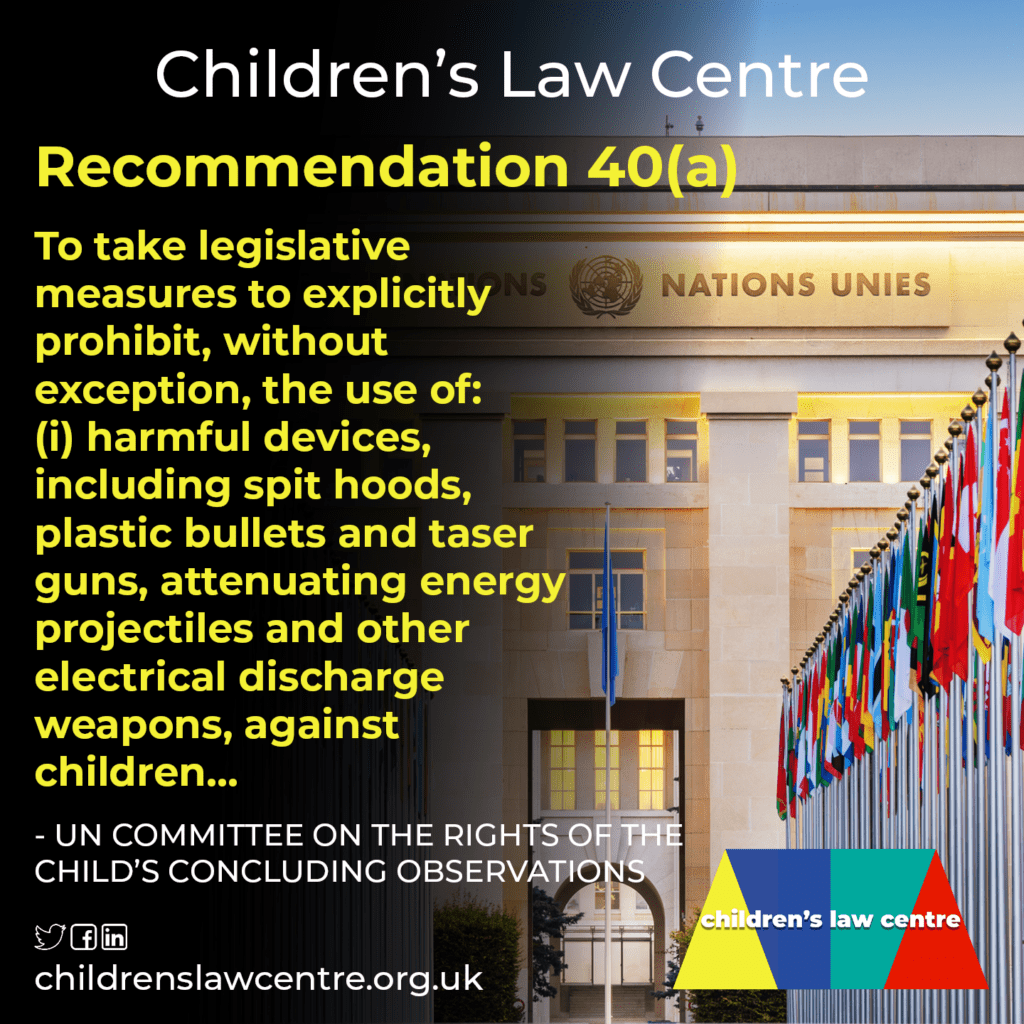
The Children’s Law Centre has pointed to the latest concluding observations and recommendations from the UN Committee on the Rights of the Child that call for measures to ‘explicitly prohibit, without exception, the use of harmful devices including spit hoods, plastic bullets, attenuating energy projectiles and other electrical discharge weapons against children.
Fergal McFerran, Policy and Public Affairs Manager at the Children’s Law Centre said: “These latest figures from the PSNI continue to leave us very concerned about significant rights breaches on children and young people who have been in contact with the police.
“The increased use of spit hoods on children is particularly worrying, especially as explicit guidance exists which sets out a presumption they should not be used on children at all.
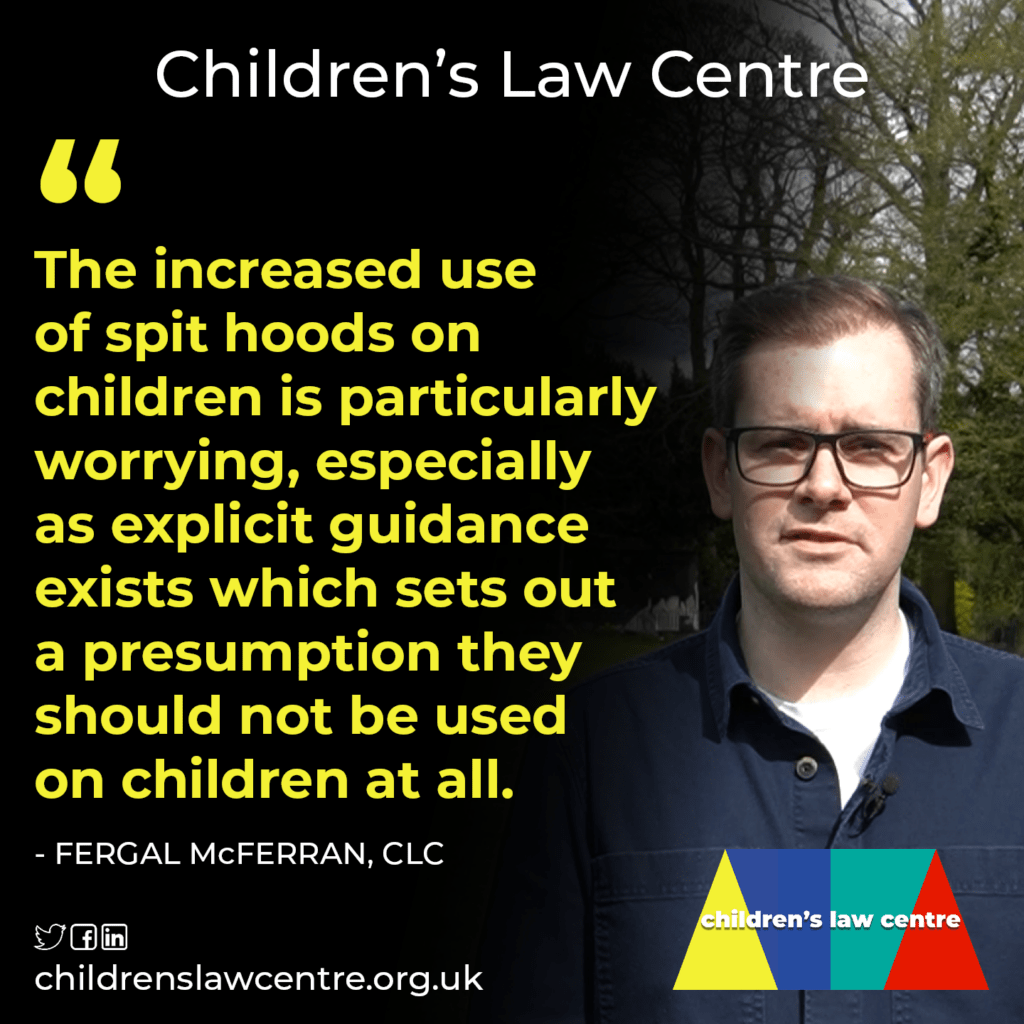
“While there appears to be a lower number of individual children subject to force by the PSNI compared to last year, it is worrying that the figures seem to indicate that more children have been subject to multiple types of force.”
Mr McFerran continued: “It is also important to note what is missing from the statistics. They have not been fully disaggregated by the characteristics protected by Northern Ireland’s equality laws, such as community background and disability.
“The Children’s Law Centre has long-held concerns that uses of force disproportionately impacts children with additional needs, care experienced children and children from disadvantaged backgrounds.
“These latest statistics represent clear breaches of children’s rights and we will continue to raise our concerns with the NI Policing Board.”
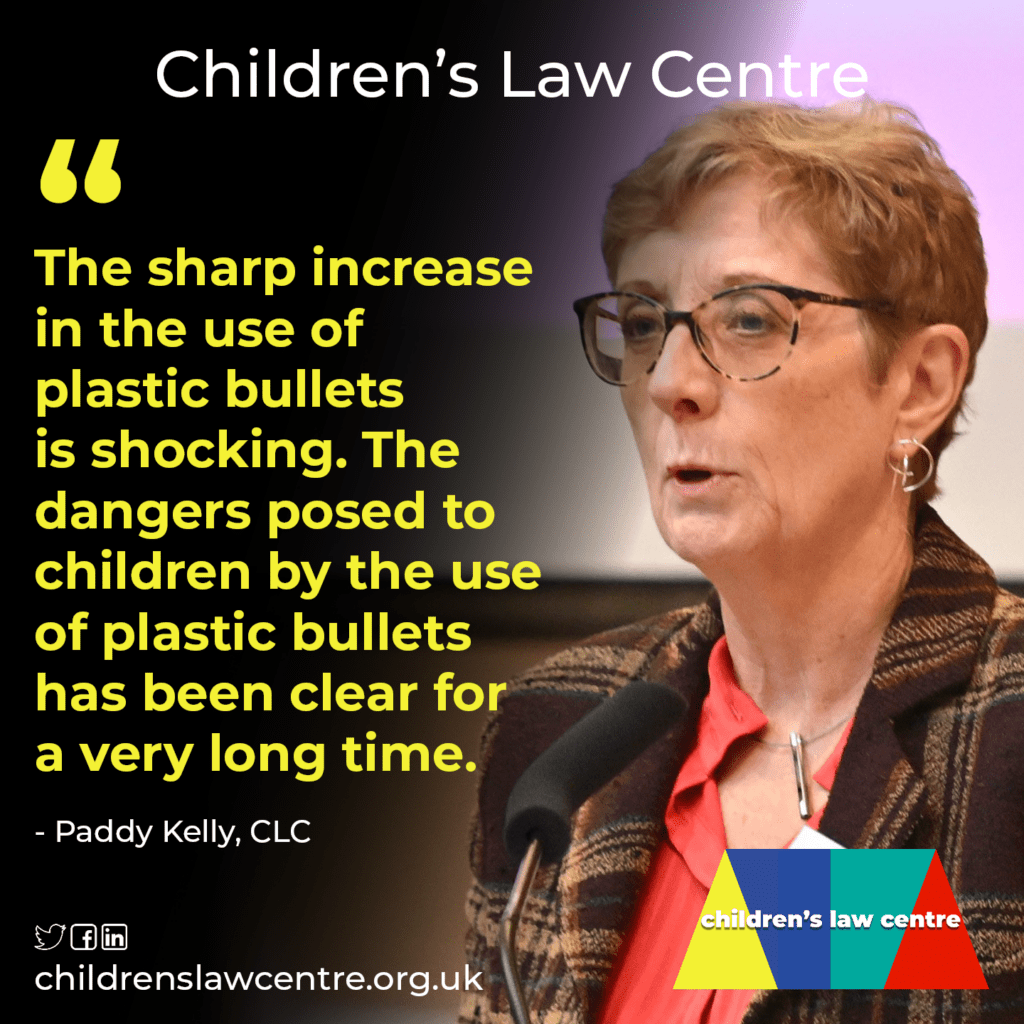
Paddy Kelly, Director at the Children’s Law Centre said: “The sharp increase in the use of plastic bullets is shocking. The dangers posed to children by the use of plastic bullets has been clear for a very long time. Indeed, the tragic death of eight children due to plastic bullets is evidence enough.
“The Northern Ireland Policing Board should, as a matter of urgency, ensure the PSNI end the use of Plastic Bullets against children in compliance with the UN Committee on the Rights of the Child’s repeated recommendations.”
Claire Kemp, Policy Officer at the Children’s Law Centre added: “The overuse of Stop and Search powers on children and young people also continues, with 2089 children stopped and searched in the last reporting year, including 56 children aged 12 or under. Of the 2089 children stopped, 74 were subsequently arrested – equating to just 3.7% of an outcome rate.”
The latest use of force statistics can be found at https://www.psni.police.uk/about-us/our-publications-and-reports/official-statistics/statistics-police-use-force
In January 2023, the NI Policing Board published a Human Rights Review of the PSNI’s Use of Force following calls from the Children’s Law Centre and human rights organisations.
The most recent stop and search statistics can be found at https://www.psni.police.uk/about-us/our-publications-and-reports/official-statistics/stop-and-search-statistics
The UN Committee on the Rights of the Child’s concluding observations can be found at https://tbinternet.ohchr.org/_layouts/15/treatybodyexternal/Download.aspx?symbolno=CRC%2FC%2FGBR%2FCO%2F6-7&Lang=en (the recommendation on the use of spit hoods and plastic bullets is at 30(a) on page 9 of the report.


